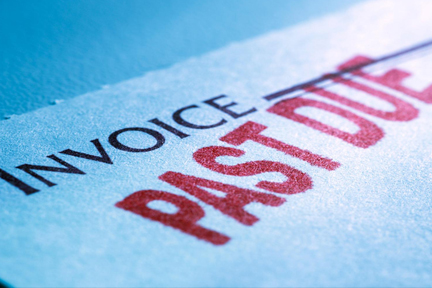
An effective debt collection strategy can be the difference between success and failure for businesses selling parts for heavy equipment. In order to anticipate problems rather than going into crisis mode attempting to solve them later, sales representatives and AR professionals must work together so that debt collection practices are tailored to fit the nature of the business’ relationship with the debtor.
Understanding each of your customer’s businesses is critical to the effectiveness of your debt collection strategy. Approaching a lifelong customer who has hit difficult financial times the same way you would approach Bernie Madoff will have an adverse effect on your business. Because what happens when they dig themselves out of the hole and remember how you treated them when the chips were down? Or, in the worst case scenario, what happens when aggressive collection departments force them into bankruptcy and you lose both the customer and the receivable? Wouldn’t it have made more sense to work through the problem WITH that customer so that you can collect the debt AND keep them as a customer?
One way to take this approach is to make it as easy as possible for customers to make payments. By understanding the pros and cons of each payment method accepted, businesses can choose the best method of payment for a customer based on their situation. Consider the following chart:
| Payment Method | Pros | Cons |
| Check |
|
|
| Credit Card |
|
|
| Wire Transfer |
|
|
| ACH Transfer |
|
|
| Paypal |
|
|
| Apple Pay |
|
|
Obviously, not all accounts will be held by lifelong customers. For those who are notoriously late making payments or dodging phone calls from your company despite all the easy payment methods available, it is necessary to use calculations to determine the severity of the problem and act accordingly.
It is important to note, however, that calculations do not always tell the whole story. Our industry has a lot of mitigating circumstances that must be considered when determining how to age debt. In component sales there is often a core deposit charge that gets refunded to the customer once their used component makes it to the shop. If you do business internationally there may be issues with the availability or even strength of US currency.
Still, there are people and businesses out there that simply do not pay their bills. Some of them enter into agreements knowing full well they are not going to pay. And due to the restrictive nature of regulations on debt collection practices, it is important to follow the rules or else you could be paying fines in addition to the receivables you already lost.
So how do you minimize the risk? It's simple: know your customers as well as you know yourself, treat them as you want to be treated, provide excellent goods and service, and use procedures that keep things from slipping through the cracks. To learn more about the high quality parts and services offered by us here at ACTP click the button below.

